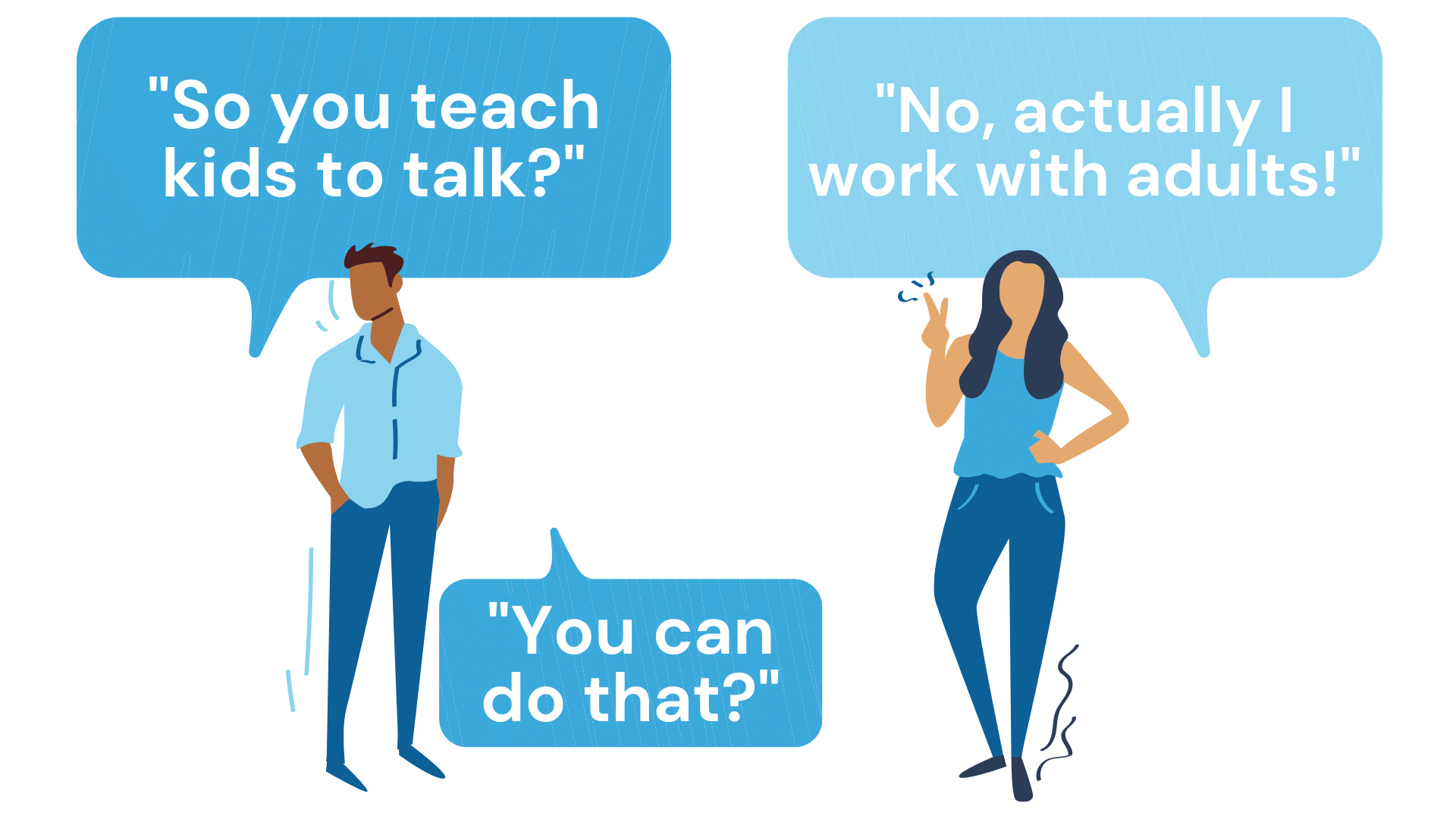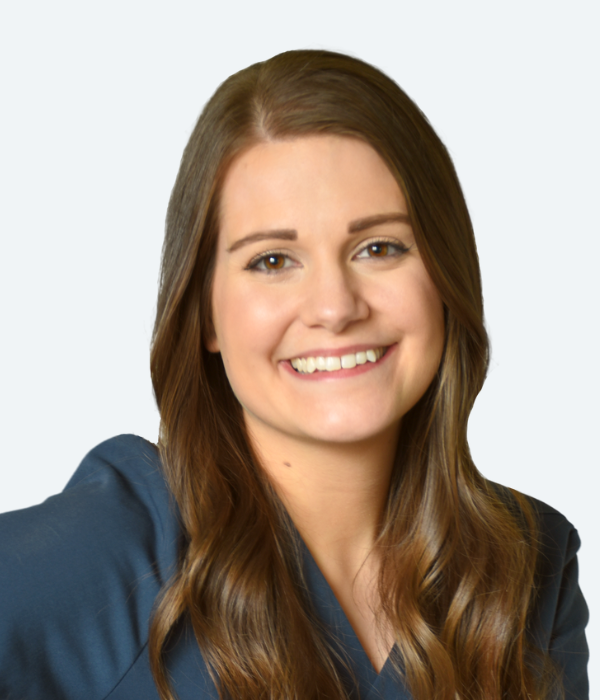The Role of a Speech Pathologist in Adult Rehab
This is the scenario I get almost every time I tell someone what I do for a living. I find from personal experience that the average person doesn’t think of a speech-language pathologist (SLP) as working outside of schools. But I’m here to tell you there is so much more to speech pathology.
Yes, we can help a young child that stutters, but SLPs can also help someone relearn to speak after having a stroke. SLPs can help someone swallow safely after head and neck cancer. SLPs can help someone rehabilitate their cognitive skills so they can go back to work after a traumatic brain injury.
The scope of practice of a speech-language pathologist is vast. So, let me break it down for you. Here’s what we can do for adults!
Why might an adult see an SLP?
There are various reasons adults may see a speech pathologist. Some of the most common diagnoses include:
Stroke
Traumatic brain injury
Concussions
Brain tumors
Encephalopathy
ALS
Parkinson’s disease
Dementia
Multiple Sclerosis
Head and neck cancer
What do SLPs treat?
The American Speech-Language & Hearing Association (ASHA) states: "Speech-Language Pathologists work to prevent, assess, diagnose, and treat speech, language, social communication, cognitive-communication, and swallowing disorders in adults and children." Let’s break it down.
SPEECH & LANGUAGE
There are three different disorders that fall under the speech & language category. The most common being aphasia. Aphasia is a loss of language caused by a brain injury, whether that be a stroke, TBI, or tumor. Aphasia can affect any domain of language. There are four language domains - speaking, understanding, reading, and writing.
Apraxia is a speech disorder that makes it difficult to coordinate and sequence sounds in words. This is caused by a disruption from the brain to the muscles of the mouth. In the case of apraxia, there is most often no actual weakness of the muscles related to the mouth.
Dysarthria is a speech disorder that results in slurred speech. This impairment is due to weakness of the muscles of the mouth or possibly those used for breathing.
COGNITION
There are six domains of cognition and any or all of them can be impaired. These include attention, memory, executive function, language, visuospatial, and social cognition.
Cognitive therapy is different from person to person depending upon the goals of the client. For example, a college athlete with a concussion is going to have many different goals than an older adult with dementia.
SWALLOWING
Did you know that an SLP can help you relearn to swallow? Dysphagia is a disorder of swallowing. There are various causes of dysphagia that may present with a variety of symptoms. SLPs are skilled in diagnosing, compensating, and rehabilitating the swallowing mechanism to safely eat and drink.
How do I find the right SLP for me?
Not all SLPs will fit you and your specific needs. For example, you probably wouldn’t want your car mechanic to repair an airplane and vice versa. This means you wouldn’t want a speech pathologist that only works with children to treat you or your loved one after a stroke! So how do you find the right provider? Here are a few tips:
Start with a good online search by using keywords like speech therapy for… stroke, brain injury, adults, etc.
Read bios to find someone who specializes in your specific disorder and age range
Ask questions! (e.g., Do you work with aphasia? How often do you see clients with aphasia? What makes you different than other therapists?)
Don’t be afraid to say it may not be a good fit
Neuro Speech Solutions is the only speech therapy private practice in Buffalo, NY that specializes in adult neurological rehabilitation. Our specialty is in brain injury, including stroke, TBI, and concussions, as well as neurodegenerative disorders such as Parkinson’s disease and dementia.
If you are searching for an SLP, give us a call and see what makes our clinic different than the rest!
ABOUT THE AUTHOR
Katie Brown, MA, CCC-SLP, CBIS
Katie is the owner and founder of Neuro Speech Solutions. She is passionate about providing person-centered treatment to her clients in order to meet their life participation goals. Katie is dedicated to helping other SLPs provide functional therapy through affordable materials and education courses.





Home practice is a crucial part of rehabilitation. But didn’t you leave homework behind when you finished school? Learn more about the necessity of “homework” in speech therapy to help reach your therapy goals! 2 Min Read